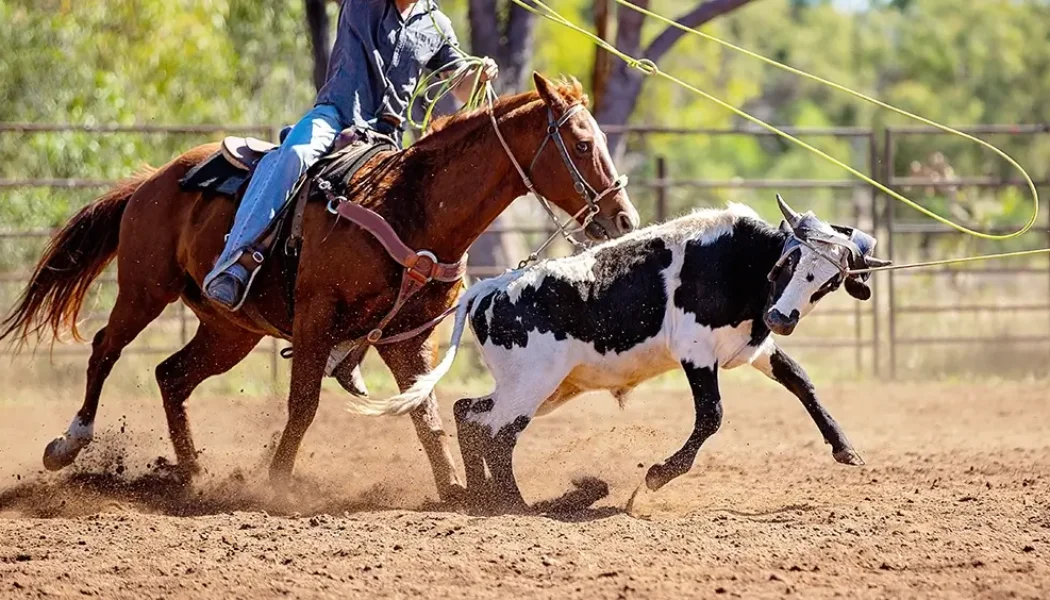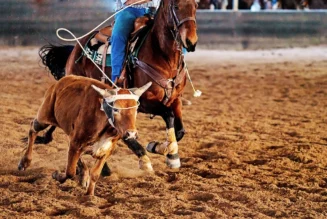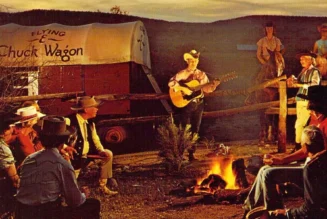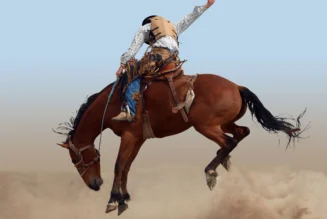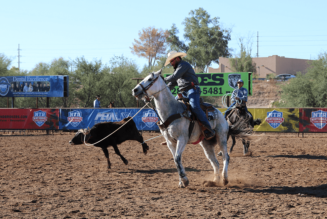Team Roping Events Temporarily Paused in Wickenburg Due to EHV-1 Safety Measures
Out of an abundance of caution, all team roping and equine events in Wickenburg have been paused through November 27 as local producers work together to protect horses and prevent further spread of Equine Herpesvirus-1 (EHV-1).
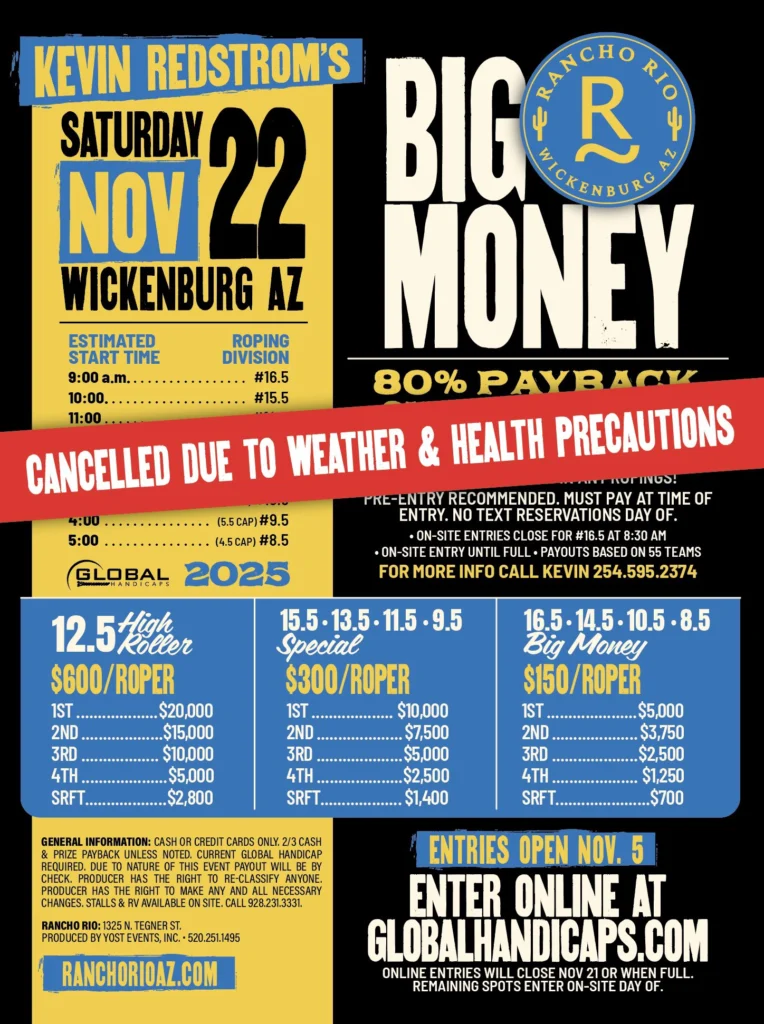
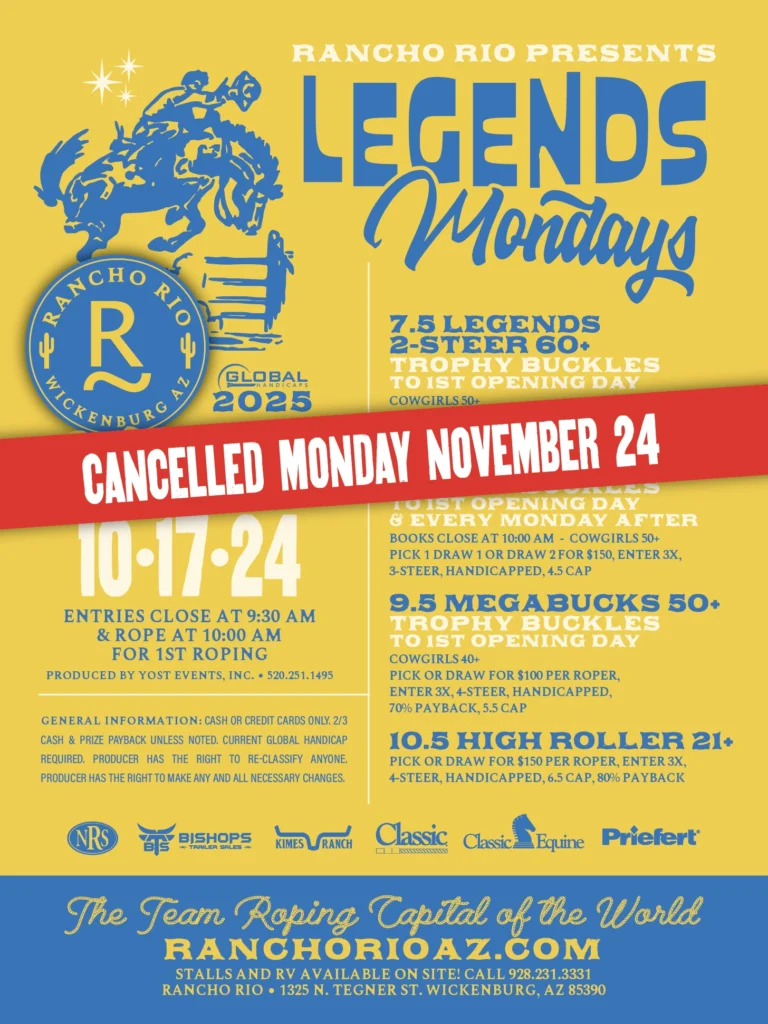
Official Update – November 20, 2025
Producers and arenas across Wickenburg have agreed to temporarily halt events for the next 8–10 days. This pause gives the community time to implement proper biosecurity, clarify facts amidst online misinformation, and meet the updated Arizona Interstate Certificates of Veterinary Inspection (ICVI) requirements.
Exhibitors are encouraged to:
Monitor temperatures daily
Avoid commingling horses
Disinfect stalls, gear, and trailers
Avoid sharing equipment
Quarantine or isolate any horse showing signs of illness
This temporary pause is intended to safeguard the equine athletes that sustain the entire winter roping season. Additional updates will be shared as needed.
A current list of participating arenas and producers will be updated as more confirm.
What We Know Right Now
The Arizona Department of Agriculture (Office of the State Veterinarian) has confirmed 4 cases of EHV-1 in Maricopa County.
We’re also keeping a close eye on the recent EHV-1 outbreak tied to a major barrel race in Waco, Texas, where this strain has shown a higher rate of neurologic disease (EHM). If you attended that event—or have horses coming and going from shows—please tighten up monitoring over the next few weeks.
Key Monitoring Steps
Check temperatures twice daily for 21 days after returning home
Watch for fevers over 101.5°F
Early signs may include weak hind end, toe dragging, stumbling, urine dribbling, or sudden behavioral changes
If a horse shows any of these, contact your veterinarian immediately.
Testing Guidance
Testing is only recommended for horses showing clinical signs.
Testing normal horses does not reliably indicate incubation status.
When needed, veterinarians typically run:
A nasal swab PCR
An EDTA blood sample
This combination provides the clearest diagnostic picture.
Biosecurity Reminder
EHV-1 is easily killed with simple disinfectants.
A 1:10 bleach solution (5 tablespoons household bleach per gallon of water) is effective on:
Water buckets
Stalls & gates
Grooming tools
Tack and shared equipment
Trailers
Ensure surfaces stay wet long enough for the disinfectant to work.
Vaccine Clarification
EHV-1 vaccines DO NOT prevent the neurologic form (EHM).
They can reduce viral shedding and respiratory severity, helping limit spread.
Horses directly exposed in Waco are not being vaccinated until they complete their monitoring period, as vaccinating during active or incubating infection may complicate temperature monitoring and could worsen inflammation.
Horses not exposed may benefit from staying current on boosters as part of good barn-wide prevention.
A Note from Hassayampa Veterinary Services
“If you have questions or need guidance about a specific horse, give us a shout. Early detection and good biosecurity are our best tools to prevent the spread of this disease.” – Evan Scott, DVM, Equine Department Head, Hassayampa Veterinary Services


